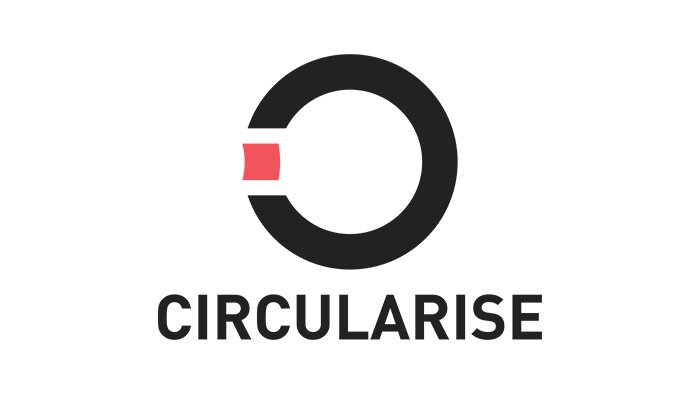Country: The Netherlands
Organisation: CIRCULARISE BV
Website: circularise.com
Twitter: @Circularise
Circularise has developed a blockchain-based communication protocol that turns fair working conditions and sustainable sourcing of raw material into a standard through facilitating bottom-up processes. The technology replaces top-down regulation. Instead, it leads to a bottom-up process of companies sharing and certifying their sustainable business practises in order to conquer new market segments and generate profit. This results in a chain reaction towards sustainability and company-initiated transparency.
Circularise is a blockchain-based communication protocol that allows traceability of process information in supply chains. It provides proof for information that is not obtainable by comparing two final products or materials, like the origin, labour conditions or the amount of recycled material in a product. This information is not accessible once the product has moved further in the production process. By tokenizing information at the stage where it occurs and trading this proof and information to the brand owner or customer, Circularise provides proof of invisible material properties. This occurs in a decentralised and safe way that does not put companies’ competitive advantage at risk. Circularise provides this information in supply chains that are even unknown to brand owners and opens the market to avoid oligopolies. It thereby provides more sustainable products and lower prices than before.
The technology abolishes any possibility for abuse by stakeholders of the supply chain and creates verifiable quality standards and new business models. The result is a paradigm shift from traceability and transparency as mandatory top-down regulation risking company secrets to a voluntary business decision for transparency on selected characteristics, bottom-up, unlocking additional monetary value which encourages others to join. The resulting increase in sustainability goals of companies leads to social practices being redefined as a necessity and quality criterion.


